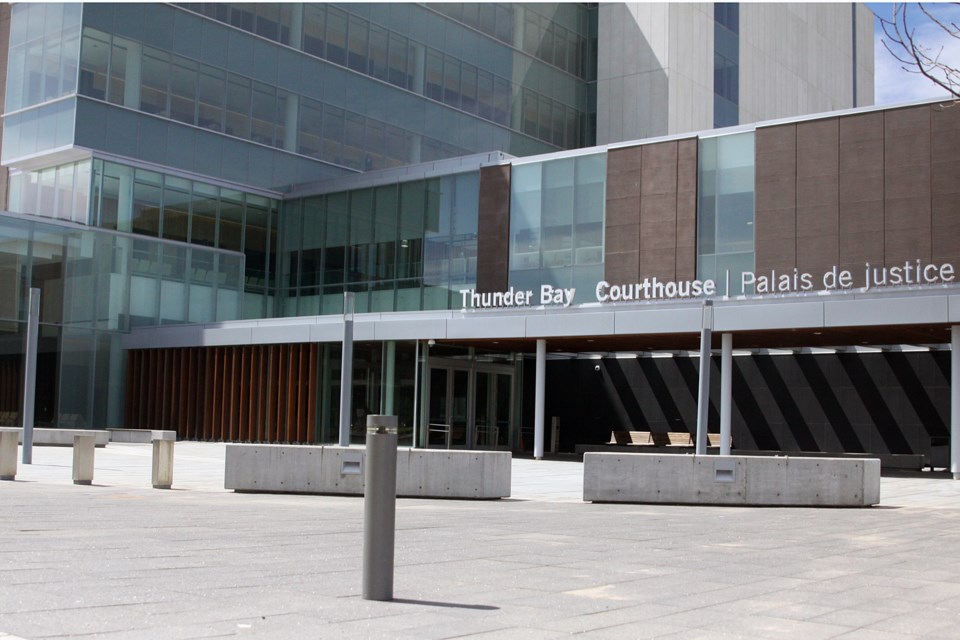THUNDER BAY – The Ontario Court of Appeal has quashed drug trafficking convictions against a Thunder Bay man serving a nearly decade-long prison sentence, ordering a new trial.
Keith Ritchie, who was found guilty of six charges stemming from city police’s Project Dolphin probe six years ago, had the convictions overturned by the provincial appeal court last week.
Ritchie had been convicted in 2017 of one count each of trafficking cocaine and marijuana, one count each of conspiracy to traffic cocaine and marijuana, participating in or contributing to the activities of a criminal organization for the purpose of enhancing its ability to commit an indictable offence and committing an indictable offence for the benefit of or in association with a criminal organization.
A joint sentencing submission resulted in an incarceration period of nine years and six months.
Thunder Bay police seized the Blackberry belonging to co-accused John Tsekouras in 2011, searching the device without a warrant. That search uncovered coded communication between Ritchie and Tsekouras, which resulted in subsequent search warrants in 2012 for credit card account information and Ritchie’s residence.
“Apart from the contents of the Blackberry, there was very little information about (Ritchie), his involvement in the drug trafficking activities of the putative criminal organization, or his residence,” the decision reads. “The basis to believe that the appellant lived at the address searched was a one-time tip and a single incident where (Ritchie) was observed entering the residence in the early evening.”
The appeal court ruled that Superior Court Justice Terrance Platana erred by not granting Ritchie status to mount a Charter challenge against the admissibility of the messages on the Blackberry.
The decision, which cited a subsequent Supreme Court ruling that has set a new precedent for the admissibility of electronic communication between two parties that was obtained by unlawful means, orders the evidence obtained from the Blackberry to be excluded.
The Crown urged the appeal court to find that, even if the Blackberry evidence should not have been admissible, no substantial miscarriage of justice had occurred. The appeal court disagreed.
“The reality is that, without the evidence of (Ritchie’s) communications with Tsekouras, the case against (Ritchie) is weak,” the decision reads.
Tsekouras, who had also been convicted of multiple offences and sentenced to 11 years, had an appeal rejected by the Ontario Court of Appeal and then had his bid seeking leave to appeal denied by the Supreme Court. Tsekouras has since pleaded guilty to another set of charges and was sentenced to an additional five years behind bars.
This is the second time this year the appeal court has overturned convictions in a drug-trafficking case over which Platana presided, after the court overturned the 2014 finding of guilt against Marcel Breton, also ordering a new trial.
